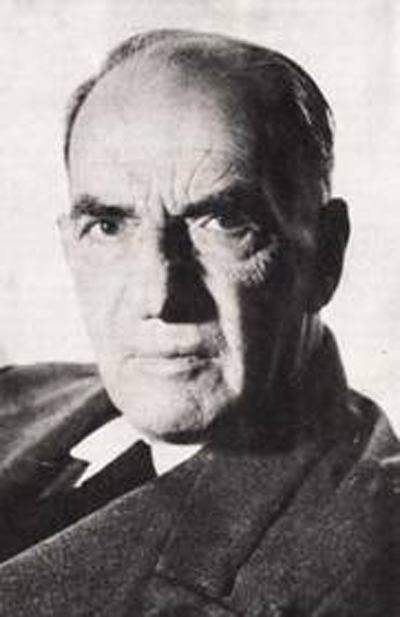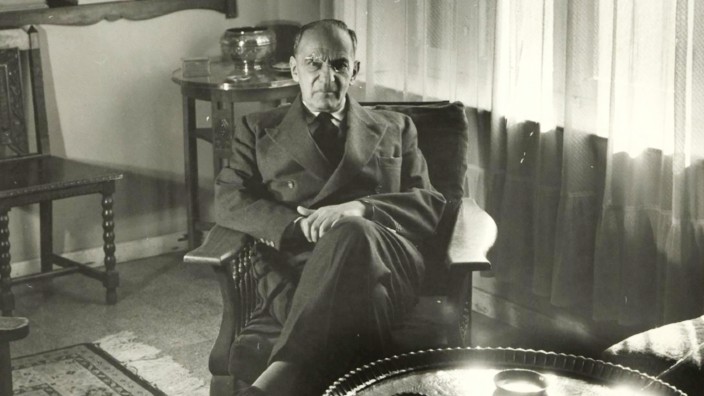Kosmas Politis was one of the most popular Greek authors of the 1930’s, with a number of well-known novels including Eroica (1938) and Stou Hadjifrangos (1962). Politis was also an important translator as he contributed to the Greek works of William Shakespeare, Henry Miller, Edgar Allan Poe and James Joyce, among others.
The Greek Herald looks back at some of his incredible life achievements.
Early and Personal Life:
Kosmas Politis (literary pseudonym of Paraskeva), son of the merchant Leonidas Taveloudi from Lesvos and Kalliopi Hatzimarkou from Ayvalik, was born in Athens in March 1888.
In 1890, at the age of just two, he moved with his family to Smyrna.
A descendant of a middle-class family, Kosmas attended the famous Evangelical School and the American College of Smyrna, without ever getting a diploma. He left his studies and started working at the Bank of the East and later, at the “Wiener Bank.”

In 1918, he fell in love and married Clara Crespi, a noblewoman of Austro-Hungarian descent. A year later they had a daughter, Phoebe.
After the Asia Minor Catastrophe, Kosmas left Smyrna and settled in Paris (1922 – 1923), then in London, where he worked in the Ionian Bank branch, and finally in 1924 in Athens, where he became deputy director of the Bank, a year later.
Literary Work:
Kosmas’ first appearance in the field of literature was marked with the publication of “Lemon Forest” in 1930.
In 1934, he moved to Patras, where he wrote the novel Eroica, which was honored with the State Prize for Prose in 1939 and was transferred to the cinema by Michalis Kakogiannis in 1960.
Kosmas was honored with the First State Prize for Short Story in 1960 for his work I koromilia, as well as the First State Prize for Fiction in 1964 for his work Stou Hadjifrangos.

His prose works, permeated by the experiences of his childhood, are distinguished primarily for their anxious search for the absolute ideal, their expressive subtlety and their lyrical outbursts.
His latest completely surviving work, the novel Stou Hadjifrangos, has as its occasion the author’s childhood in Smyrna and somehow summarises the whole of his creation.
Death and Legacy:
In 1967, on the day of the coup in Greece, Kosmas’ wife died and he was arrested and interrogated as a leftist. He was finally released after the intervention of Tatiana Gritsi-Miliex.
The shock from his wife’s death was great, but it did not stop him from writing a new work Terma, which was not completed in writing but was published after his death.
In 1973, Kosmas was admitted to Evangelismos Hospital with respiratory and heart failure, and then transferred to a nursing home. In 1974, he was hospitalised again in Evangelismos, where he died on February 23.

